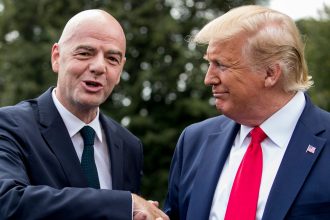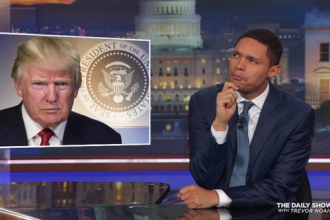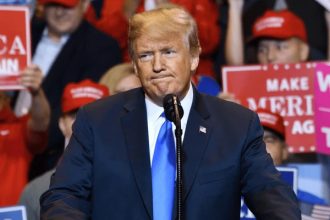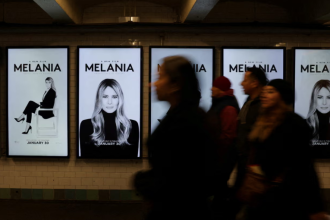Donald Trump’s “Make America Great Again” mantra may pose significant challenges for Africa as speculation mounts over his return to the Oval Office. With questions surrounding his foreign policy, the African continent faces uncertainties that could impact economic and political relationships.
Independent economic analyst Professor Bonke Dumisa cautions that Trump’s leadership could negatively affect Africa. Dumisa criticized Trump’s disregard for multilateral cooperation and his tendency to weaponize the US dollar and international trade systems.
“African countries must not be overly concerned about these bullying threats from Trump,” Dumisa remarked. “However, smaller, vulnerable countries may find themselves yielding to his demands, while stronger nations like China can adopt principled stances and announce retaliatory measures.”
African Growth and Opportunities Act (AGOA): A Temporary Reprieve?
Dumisa expressed optimism that South Africa’s AGOA benefits are secure until 2025, but warned that Trump’s return could alter the dynamics. The US president’s leverage in renegotiating the deal could reshape the act’s future, leaving African countries to strategize their economic positioning.
Economic Contrasts: US vs. China in Africa
During Trump’s previous presidency (2017–2021), US foreign direct investment in Africa dropped from R1.05 trillion to R872 billion—a significant R178 billion decline. Conversely, China ramped up its financial involvement, directing an estimated R450 billion into South African projects, including communications, energy, and manufacturing sectors.
Trump’s Controversial Legacy in Africa
Throughout his first term, Trump made no official visits to Africa, a stark contrast to predecessors who sought stronger ties with the continent. His tenure was marred by controversial remarks, prompting formal protests from countries like South Africa, Ghana, Botswana, and Nigeria. The African Union also demanded an apology.
Climate Policy Reversal: A Potential Roadblock
Under outgoing President Joe Biden, South Africa entered the Just Energy Transition Partnership (JETP), supported by a R169.1 billion climate loan from Germany, France, the UK, the US, and the EU. The deal aims to shift South Africa’s coal-dependent energy generation to renewable sources.
However, Trump’s staunch opposition to clean energy initiatives could jeopardize such progress. He has openly criticized climate policies, labeling them unsustainable and vowing to dismantle Biden-era climate agreements if re-elected.
Looking Ahead
As the African continent anticipates the ripple effects of Trump’s potential presidency, leaders must weigh their options carefully. Navigating the complexities of US-Africa relations under a Trump administration will require resilience, adaptability, and a united front to safeguard Africa’s economic and environmental future.












